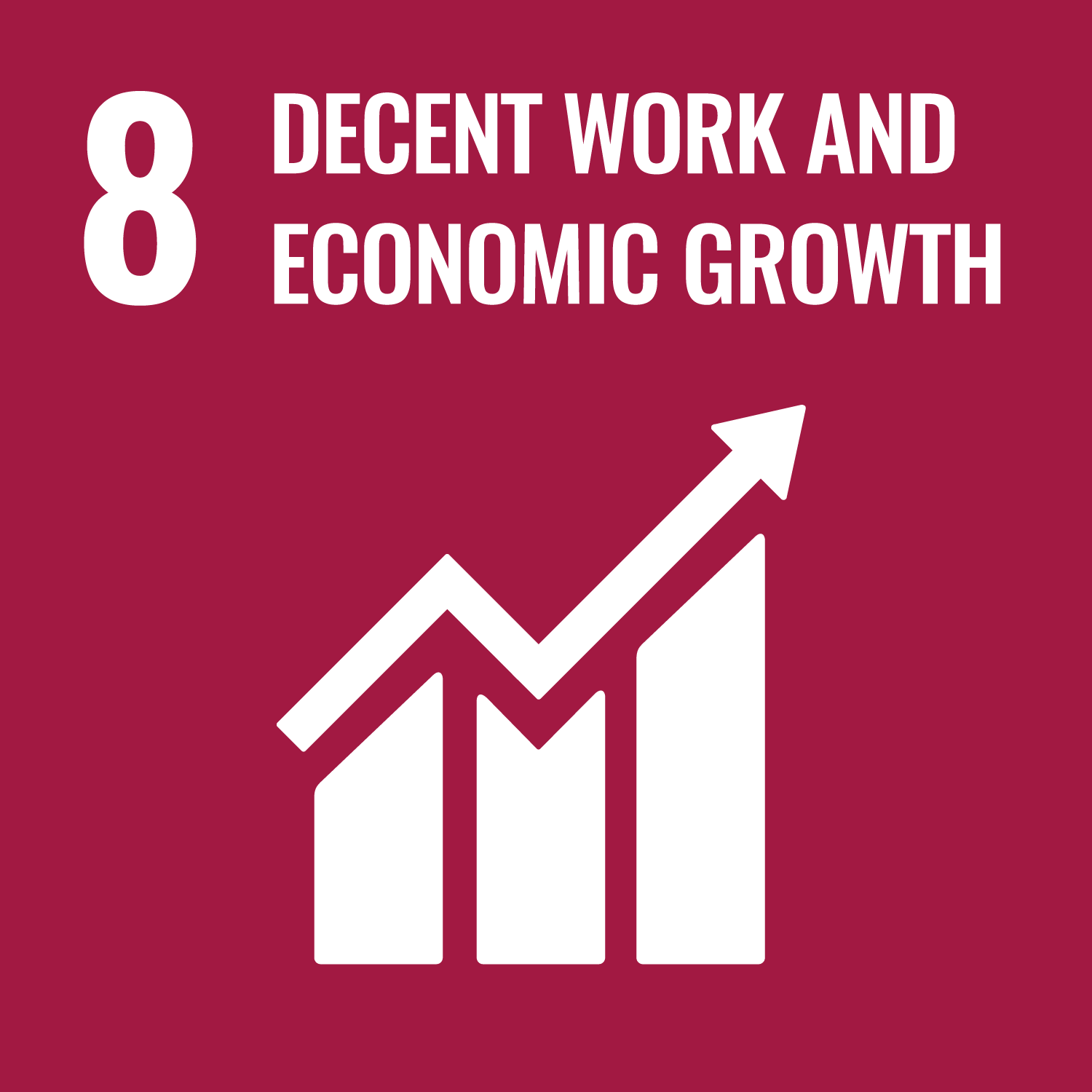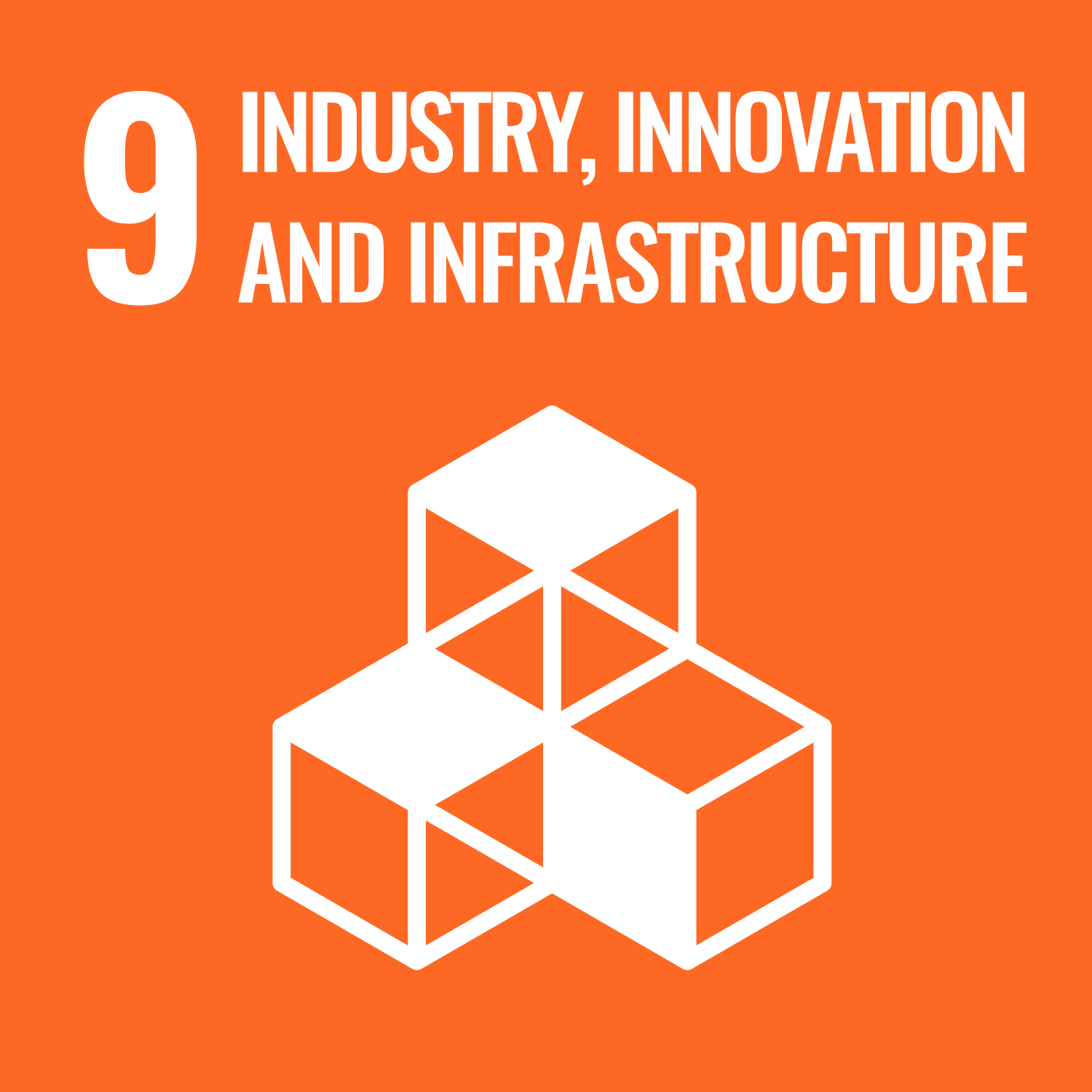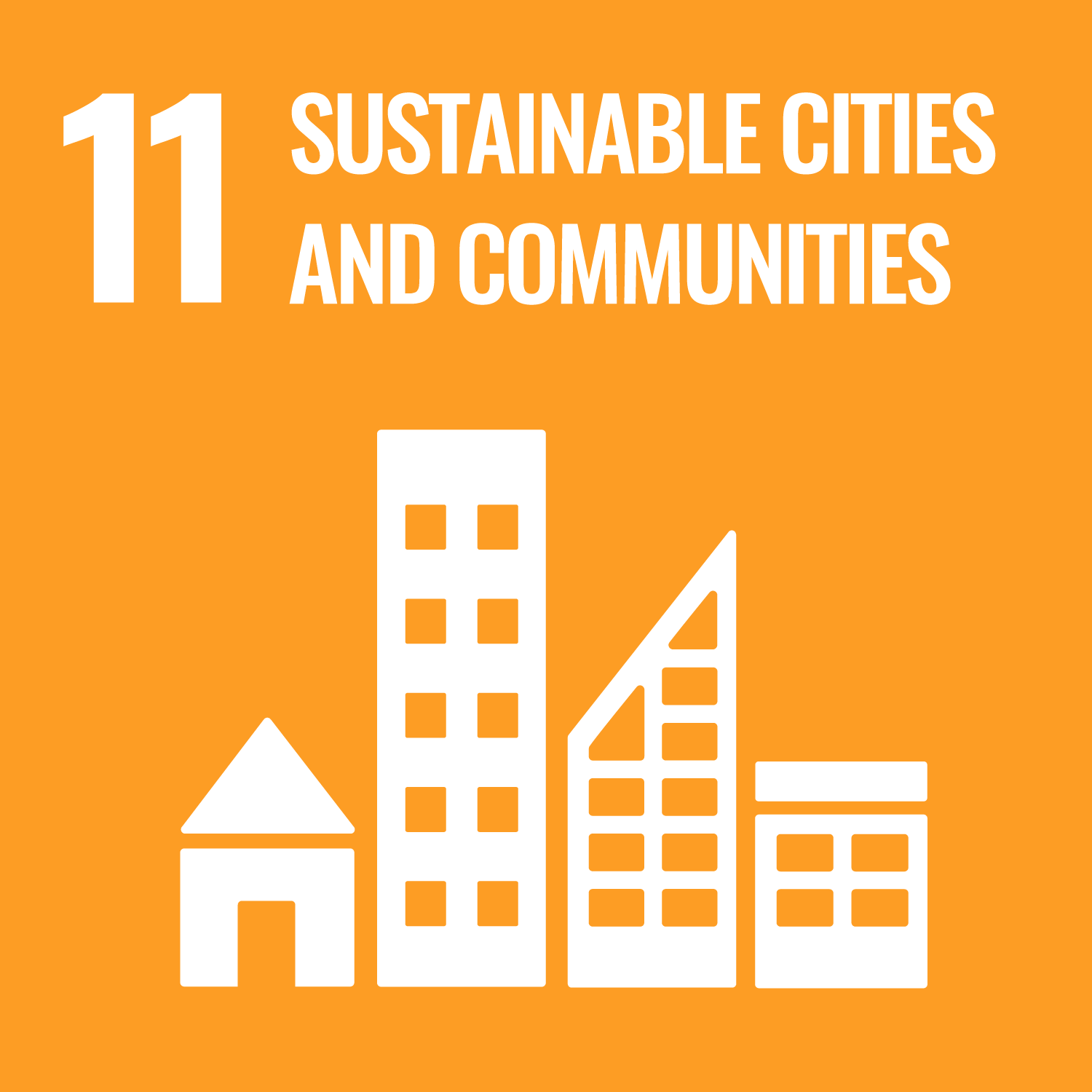ORCID
- Mick E. Hanley: 0000-0002-3966-8919
- Richard C. Thompson: 0000-0003-2262-6621
Abstract
Climate change and coastal urbanization are driving the replacement of natural habitats with artificial structures and reclaimed land globally. These novel habitats are often poor surrogates for natural habitats. The application of integrated greening of grey infrastructure (IGGI) to artificial shorelines demonstrates how multifunctional structures can provide biodiversity benefits whilst simultaneously serving their primary engineering function. IGGI is being embraced globally, despite many knowledge gaps and limitations. It is a management tool to compensate anthropogenic impacts as part of the Mitigation Hierarchy. There is considerable scope for misuse and ‘greenwashing’ however, by making new developments appear more acceptable, thus facilitating the regulatory process. We encourage researchers to exercise caution when reporting on small-scale experimental trials. We advocate that greater attention is paid to when experiments ‘fail’ or yield unintended outcomes. We advise revisiting, repeating and expanding on experiments to test responses over broader spatio-temporal scales to improve the evidence base. Synthesis and applications. Where societal and economic demand makes development inevitable, particular attention should be paid to avoiding, minimizing and rehabilitating environmental impacts. Integrated greening of grey infrastructure (IGGI) should be implemented as partial compensation for environmental damage. Mutual benefits for both humans and nature can be achieved when IGGI is implemented retrospectively in previously developed or degraded environments. We caution, however, that any promise of net biodiversity gain from new developments should be scrutinized and any local ecological benefits set in the context of the wider environmental impacts. A ‘greened’ development will always impinge on natural systems, a reality that is much less recognized in the sea than on land.
DOI Link
Publication Date
2020-09-01
Publication Title
Journal of Applied Ecology
Volume
57
Issue
9
ISSN
0021-8901
Acceptance Date
2020-05-20
Deposit Date
2024-06-11
Embargo Period
2020-06-10
Additional Links
Keywords
biodiversity offsetting, dual-use dilemma, environmental damage, integrated greening of grey infrastructure, marine planning, mitigation hierarchy, novel ecosystem, sustainable development
First Page
1762
Last Page
1768
Recommended Citation
Firth, L., Airoldi, L., Bulleri, F., Challinor, S., Chee, S., Evans, A., Hanley, M., Knights, A., O'Shaughnessy, K., Thompson, R., & Hawkins, S. (2020) 'Greening of grey infrastructure should not be used as a Trojan horse to facilitate coastal development', Journal of Applied Ecology, 57(9), pp. 1762-1768. Available at: 10.1111/1365-2664.13683





